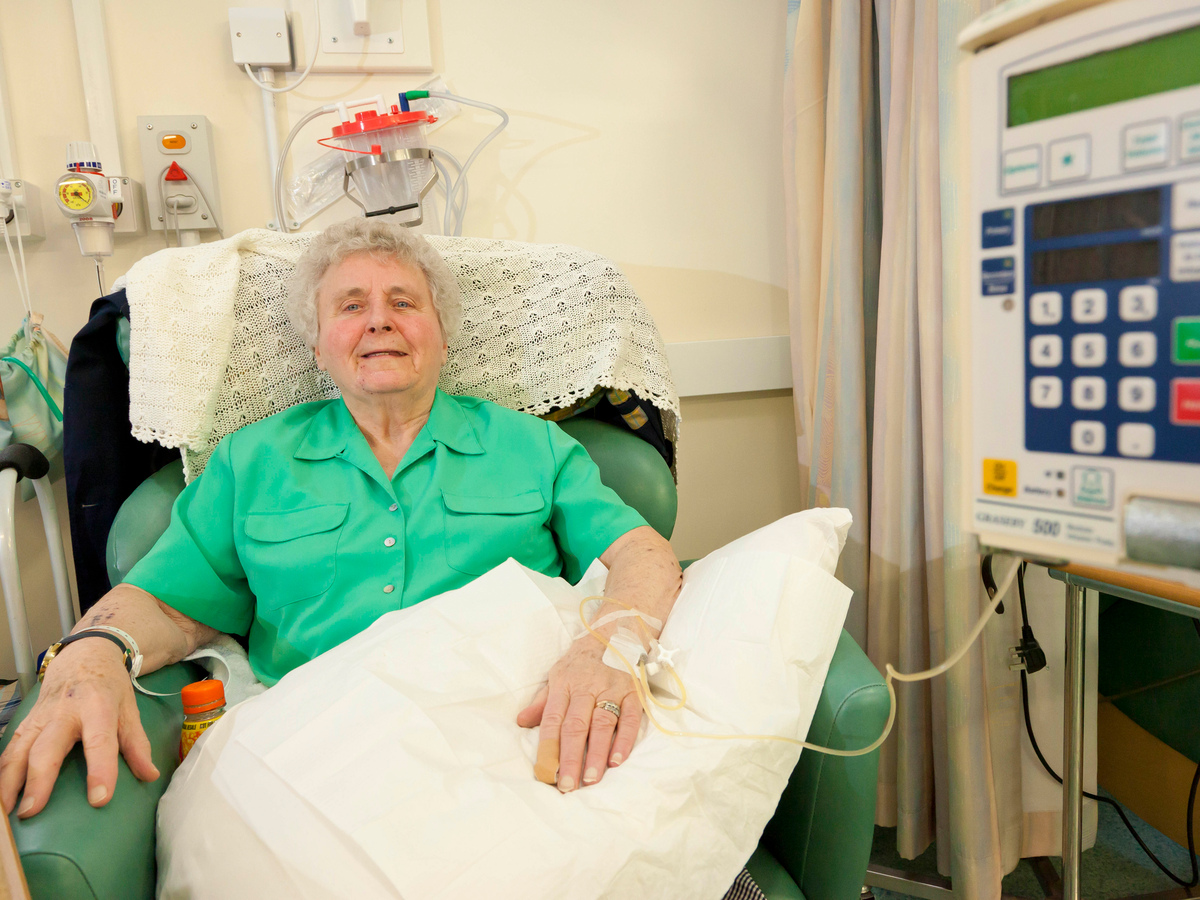Why a heart transplant may be not suitable
Not all patients with advanced heart failure are able to have a heart transplant
Key points
- A heart transplant is a major operation
- Unfortunately, not everyone with advanced heart failure will be fit enough to cope with the surgery and potential post-transplant complications
- Your doctor and transplant team have to be confident that you are likely to benefit from a transplant
- Other treatment options may be safer for some patients
Reasons why you might not be able to have a heart transplant
Heart failure is a common condition and heart transplantation is an option for a very small proportion of patients with this condition. You will have tests to see if heart transplantation is the best option for you. The tests will also tell your team if there are reasons why a transplant may never be an option for you.
Sadly, even if you are suitable for a heart transplant, you may not be matched with a donor. The number of people who could potentially benefit from transplantation greatly exceeds the number of donor hearts. Your team has to select people who are likely to get the greatest benefit from a transplant.
Complications that may make a heart transplant unsafe
You may have certain complications that result from long-standing heart failure that make a transplant unsafe.
These include:
- Kidney dysfunction
- High pressure in the lung circulation
In some people these complications can be reversed by implanting a pump in your heart (a left ventricular assist device or LVAD). About 6 months after the surgery for the LVAD you may be fit enough to go on the list for a heart transplant. If this treatment is required, your team will explain what it involves in greater detail.
The use of LVADs as treatment for advanced heart failure other than to bridge people to a heart transplant is not funded by the NHS.
Why a heart transplant may not be the best option
Some common reasons why a heart transplant may not be the right treatment for you include:
- You are too ill or frail to cope with the surgery and aftercare
- You have recently had cancer, a serious infection, or a stroke
- You may struggle taking the immunosuppressant medicines after a heart transplant
- You are ‘too well’ to be listed for a transplant
Disadvantages of a heart transplant
 A heart transplant has lots of advantages but it also has some disadvantages, which may make it too risky for some patients.
A heart transplant has lots of advantages but it also has some disadvantages, which may make it too risky for some patients.
The main disadvantages are:
- A heart transplant is a major operation lasting about 4 hours
- The surgery can place too much of a strain on your organs
- You have to take powerful immunosuppressant medicines afterwards, which can lead to other serious medical problems.
Discuss your options with your doctor
Speak to your heart team to find out what is best for you.


